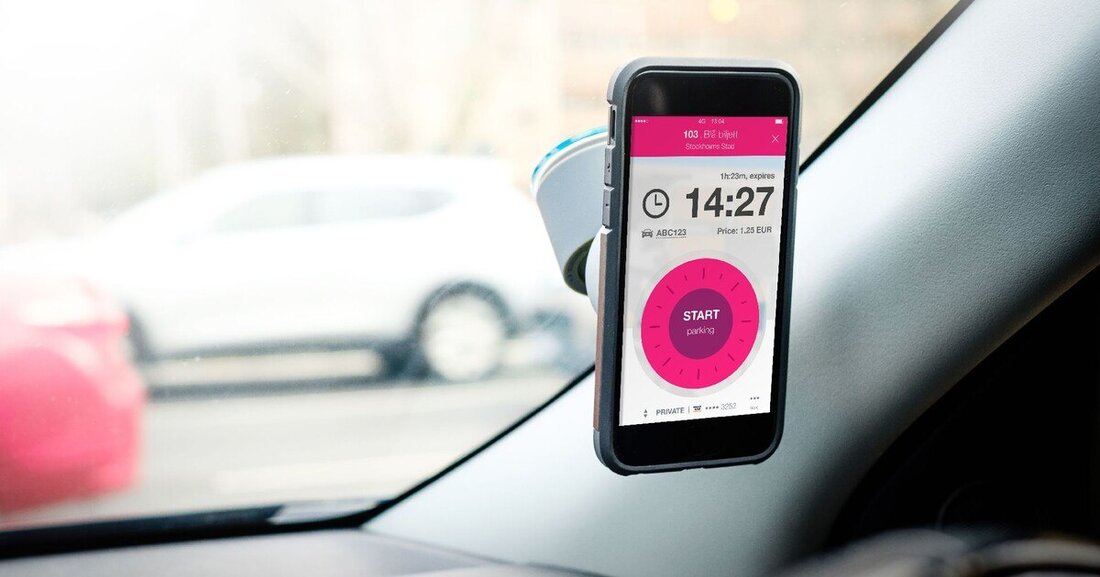Parking bans in inner cities are imminent
According to a survey, more than a quarter of drivers expect a parking ban in city centers by 2033.

Parking bans in inner cities are imminent
If you ask Austrians about the future of cars in city centers, an exciting picture emerges: a quarter (27 percent) think that in ten years no cars will be allowed to park in cities. A third (36 percent) see cars primarily in parking garages, while a fifth (20 percent) are even of the opinion that cars will disappear from city centers entirely. In any case, the city of the future involves making the best possible use of the available parking space and optimizing it in such a way that the quality of life of all residents of a city improves. Six out of ten respondents (59 percent) agree that cities should make their parking space management smarter - for example, by providing a digital parking guidance system that helps drivers find free parking spaces more quickly and at the same time reduces traffic looking for parking and thus emissions in the city. For one in two people (52 percent), moving cars to parking garages also contributes to a more pleasant streetscape because it means there are fewer cars on the street. As a result, 52 percent believe that city governments should invest more in parking garages.
Automated, digital and without a lengthy search: This is what parking in the city of the future will look like – at least according to the ideas of Austrian drivers. This emerges from the current YouGov study commissioned by parking pioneer EasyPark, whose parking app will be available in around 120 cities in Austria by the end of the year. “In the city of the future there will be the perfect balance between parking supply and demand,” says Markus Heingärtner, Country Director of EasyPark in Austria. 20 to 30 percent of inner-city traffic is caused by people looking for parking spaces. “Solutions that ensure that parking spaces are found more quickly in the future or do not have to be looked for at all are therefore highly relevant for the future,” says Heingärtner. Almost 4 out of 10 respondents (38 percent) think that in ten years it will be normal to reserve parking spaces in the city in advance in order to avoid the time-consuming and environmentally harmful search for a parking space. In many cities this is already possible via parking garages. At Vienna-Schwechat and Salzburg airports, parking spaces can be reserved and paid for in advance using EasyPark. The “Find” app function also shortens the search for a parking space and leads users to potential parking spaces and free parking garages in some large cities.
Almost half of those surveyed (44 percent) assume that in the future parking fees will be automatically billed based on the time spent parked in the car. 47 percent of Austrians think that in ten years the parking process will be able to be started, stopped and paid for directly from the car. This is already possible via EasyPark in all cars with Apple CarPlay or Android Auto. Some car brands have the parking function integrated directly into the operating system (Volvo, Renault, Mercedes, Polestar) and can automatically end the parking process when the car leaves the parking space.

 Suche
Suche
 Mein Konto
Mein Konto